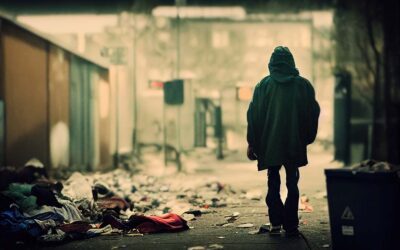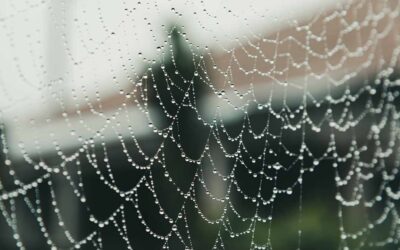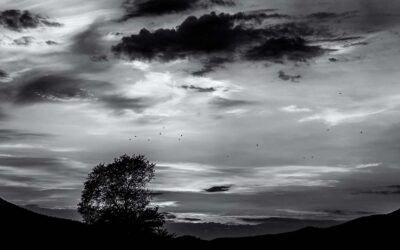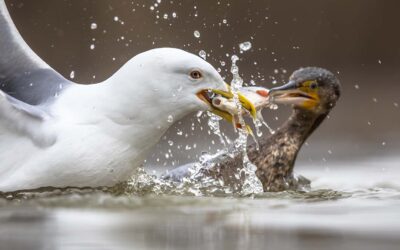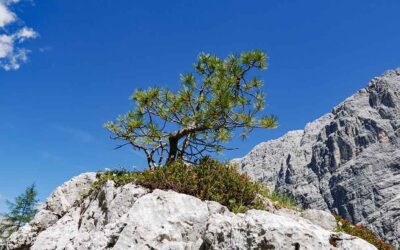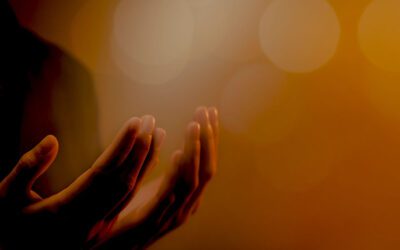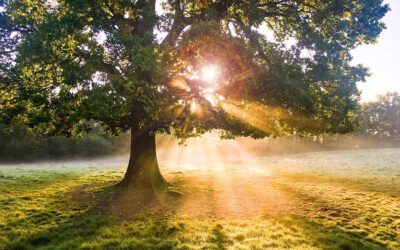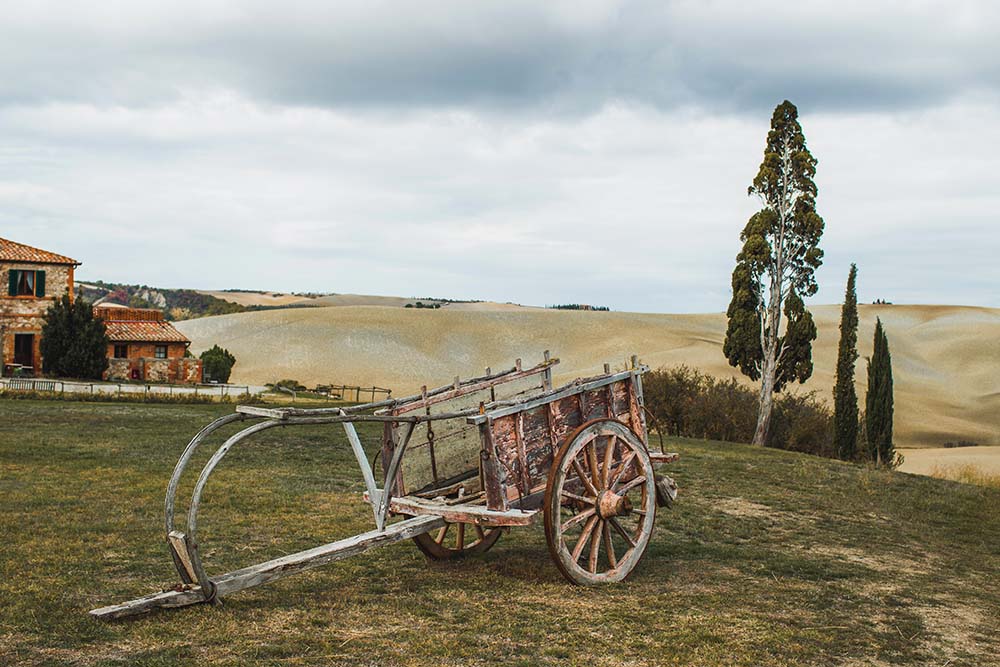
No man, having put his hand to the plough, and looking back,
Is fit for the Kingdom of God.
Collect For Epiphany 1 (Plough Sunday)
The celebration on the First Sunday after Epiphany has been increasingly revived in modern times as ‘Plough Sunday’ – a tradition that goes back centuries (the earliest record dates back to 1423 in Durham Cathedral). In the agricultural calendar, as the days start to stretch and the coming spring light promises to defeat the darkness of winter, it signals the first ploughing of the year which takes place on the first working day after the Christmas season on ‘Plough Monday’. Essentially, our Plough Service is a way in which we can say ‘Please’ – just as on Harvest Sunday, we say ‘Thank you’. The Plough Sunday liturgy is beautiful and poetic, and as we stand in blessing around the decorated plough in Church, we are reminded of our own responsibilities to care for God’s creation.
I suspect that if asked where the food they are eating comes from, the answer from many would be Aldi, Supervalu or Tesco (ok, Waitrose if you’re posh…). We need to remember that if a farmer doesn’t grow it, we can’t eat it – and unless we in turn care for God’s provision in creation, the land will die. We use chemical fertilisers, toxic weedkillers, antibiotics and hormones to enhance growth; all of these may appear to increase productivity and yield – but in the longer term, they literally will cost the earth.
In recent years, we have seen a welcome increase in the availability of organic and/ or Fairtrade produce, even better when locally grown. Yes, it’s more expensive (and there’s no denying that challenge when people are already struggling) – but much of the cost is markup by large retail chains, which maintain their profit by driving down supplier costs. Then it’s not just small farmers who struggle, but local shops, and they will not be able to last much longer against the competitive power of the multinationals. In the end, rather than enjoying food that has been responsibly produced with care and consideration for the environment and has a known provenance – if at all possible, sourced locally – we will eat the refined product of a heartless industrialised process. We may as well just live on vitamin pills.
Of course, individually we can’t make much of a difference – but giving thanks that we have been given all we need – and concentrating on that, rather than what we want, becoming more aware and behaving more responsibility, every small difference adds up. We are commanded to preserve God’s gift of creation’s rich, healthy soil on behalf of future generations, not to waste that gift on a dying desert choked by thorns. That’s your choice. Choose life.
The following prayer is taken from the Plough Service Liturgy.
Our Unworthiness of God’s Gifts
No man, having put his hand to the plough, and looking back,
Is fit for the Kingdom of God.
When we are ungrateful for the rain, and the sun, the snow and the frost, in their season,
And forget they are god’s gifts to us:
When we are blind to the mystery of germination,
And forget it is God’s handiwork:
When we are careless with the beasts,
And forget they are God’s creatures:
When we are unkind to men and women,
And forget they are God’s children:
When we scrimp our work,
And forget we are God’s workmen:
When we ill-treat the land
And forget it is the splendour of God:
May the almighty and all-loving Father make you clean from the wrong you have done in the past: May our merciful Lord and Saviour Jesus Christ make you strong to sin no more in the future: May the gracious and life-giving Holy Spirit make you faithful to God again today: To whom be the Glory for ever and ever. Amen.
Heavenly Father, we your people thank you and bless you for our creation, preservation and above all the love you show in giving your Son to be our Saviour, Redeemer and friend. Give us a continual sense of your presence, so that our praise may not be only on our lips but in our lives. May we be a living sacrifice, using our gifts according to your purpose, in the power of your Holy Spirit. Amen
Praying Together 8th October 2023
Throughout the centuries, God offers a gift being able to choose life and starting again, but when continually refused, He shakes the dust off His sandals and moves on. Could you blame Him, then, if He turns Hs blessing to the poor?
Praying Together 1st October 2023
The reward for accepting Him is the joy of knowing freedom, and then to accept His command to work in the vineyard, to feed His lambs – not with empty words, but with deeds.
Praying Together 24th September 2023
Heavenly Father, help us to work to accomplish your will for us according to our individual gifts without comparing ourselves to others. Help us to acknowledge our own failures and avoid condemning others for theirs.
Praying Together 17th September 2023
And when it comes down to it, I will always need forgiveness – as do we all. For all of us have sinned and fallen short.
Praying Together 10th September 2023
Yes of course we have a responsibility to address sin – but before we criticise others, we need to start with ourselves.
Praying Together 3rd September 2023
‘Those who want to save their life will lose it’, said Jesus, but though people hear Him, they don’t actually listen.
Praying Together 27th August 2023
In the end, it is Peter, once again, who takes the step that faith demands. Thousands since that day have proclaimed the same. And so do I.
Praying Together 20th August 2023
As are we all, whoever we may be – Jew, Greek, slave, free, man, woman. One in Jesus, the Christ. That’s the important bit.
Praying Together 13th August 2023
Once in a while, we might close our earthly eyes and leap over the side. There is nothing that Jesus asks us that we can’t achieve.
Praying Together 6th August 2023
The prophecy is fulfilled, the light has come, the day will dawn and the morning star will rise in our hearts. Hallelujah.
Praying Together 30th July 2023
The treasure is there – it just needs to be found. We search for truth, and realise that Jesus is the truth; the way; and the life.
Praying Together 23rd July 2023
In the morning, Lord, you hear my voice; in the morning I lay my requests before you and wait expectantly.
